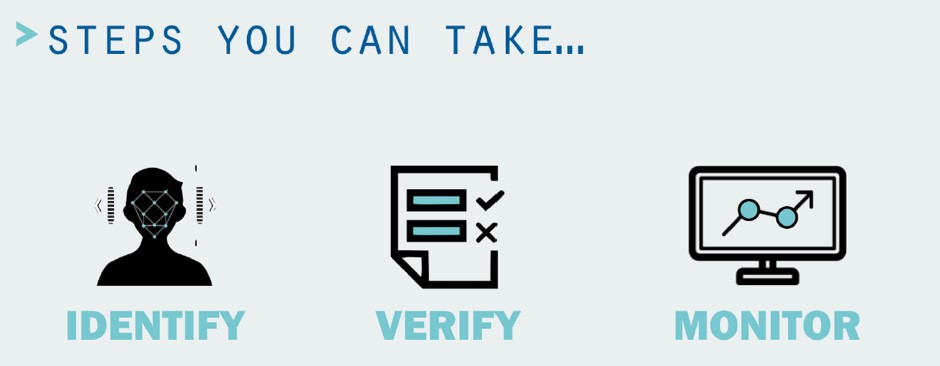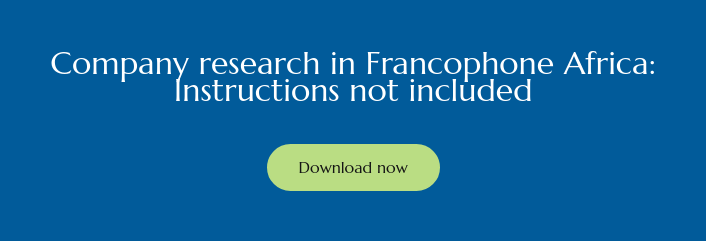Tracing source of wealth in Africa and the Middle East: Practical indicators for compliance teams
Read moreThe Case for Clarity – the importance of verified company information
Those of you investing in the emerging markets of Africa or the Middle East will likely be looking for clarity on some of the mechanisms and levers for growing your commercial interests in these regions– one of which is information on companies you are looking to engage with (suppliers, partners, clients, co-investors), and, by default, the individuals associated with them. So here’s a quick run-down of the information channels open to you in your quest for clarity:
Open source data – including company websites, listings sites, online directories, often showing sparse and sometimes inconsistent information
Credit reports – either from an international provider, based often on information provided by the companies themselves, or a local credit bureau, if available
Data providers – each with their own coverage, methodology and levels of access
In some cases, you could be given access to company documents by a potential partner, although they may be in a local language, in an unfamiliar format or may not necessarily give you the full picture.
Why is company information hard to verify in growth markets?
Understanding the regional nuances of company information in emerging markets is often overlooked and rarely understood by first time prospective entrants. Some factors to consider from our decade of applied practice in the MEA region:
1. There are 200+ disparate official business registries (42 in the UAE alone), each with their own standards and procedures
2. Few of these are online or easily accessible, often being paper-based or available only by request
3. The complexity of a non-Latin-based language, which can result in misinterpretation and mis-transliteration
4. And the rather softer point, though no-less significant, is that in many of these regional jurisdictions there is a cultural norm that assumes business information is private, i.e. transparency isn’t a given expectation or a universally agreed standard
Three steps you can follow

Of all the reams of content that has been written on best practice in compliance and due diligence, at Diligencia we believe that company data is best applied by following three steps: Identify, Verify, and Monitor.
Identify – starting with the company name (which is not always straightforward given the range of entities that have been registered with almost identical names), identify its shareholders and key stakeholders, up to and including the ultimate beneficial owner (UBO)
Verify – ensure that the source of the information is a) complete – this often means understanding the relationships of all stakeholders, b) reliable – we only use official sources for our online platform ClarifiedBy.com, and c) that the information is up to date enough for your purposes
Monitor – this step relies on putting in place mechanisms to review the corporate structures of your clients on a regular basis. Ideally this would mean being alerted to changes in legal status, management personnel or ownership. Otherwise a manual process to review information sources would suffice, albeit more demanding on your resources.
Diligencia provides corporate intelligence and due diligence solutions for emerging markets across Africa and the wider Middle East. Our vision is to deliver clarity, inform opinions and enable decision-making for clients in jurisdictions often poorly served by accurate public domain information.

